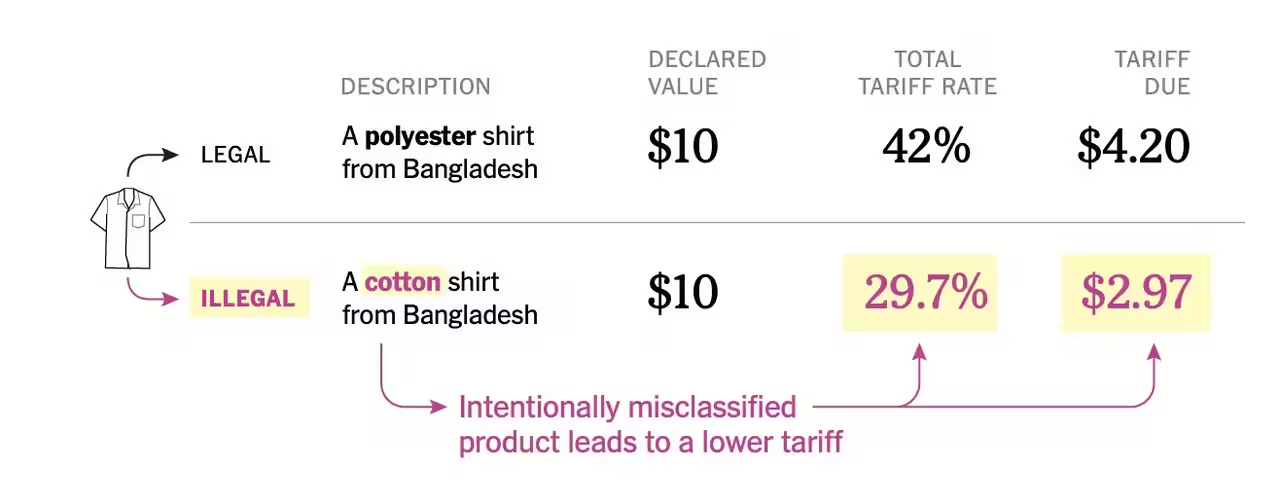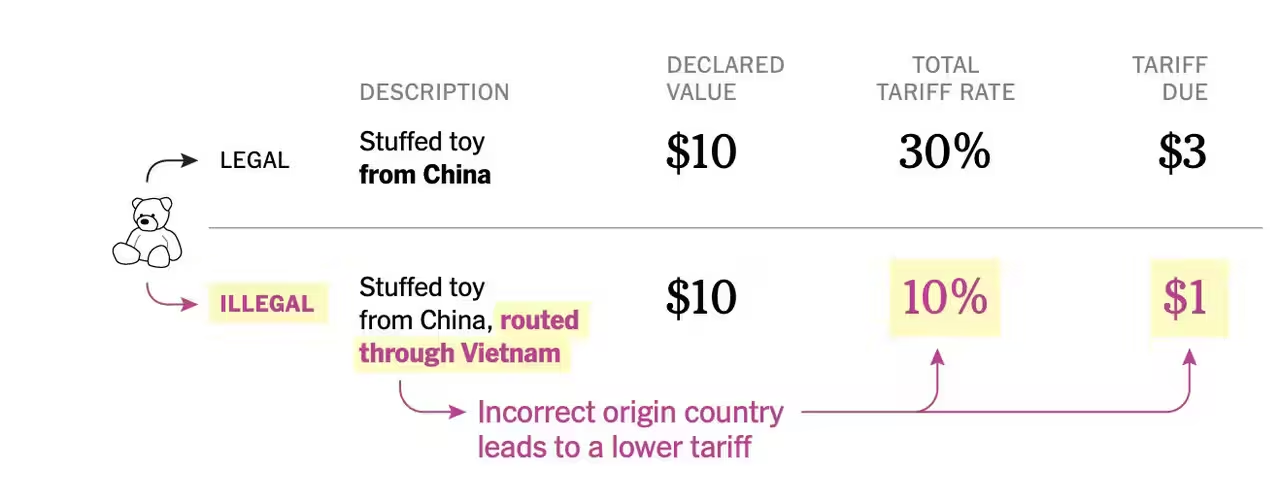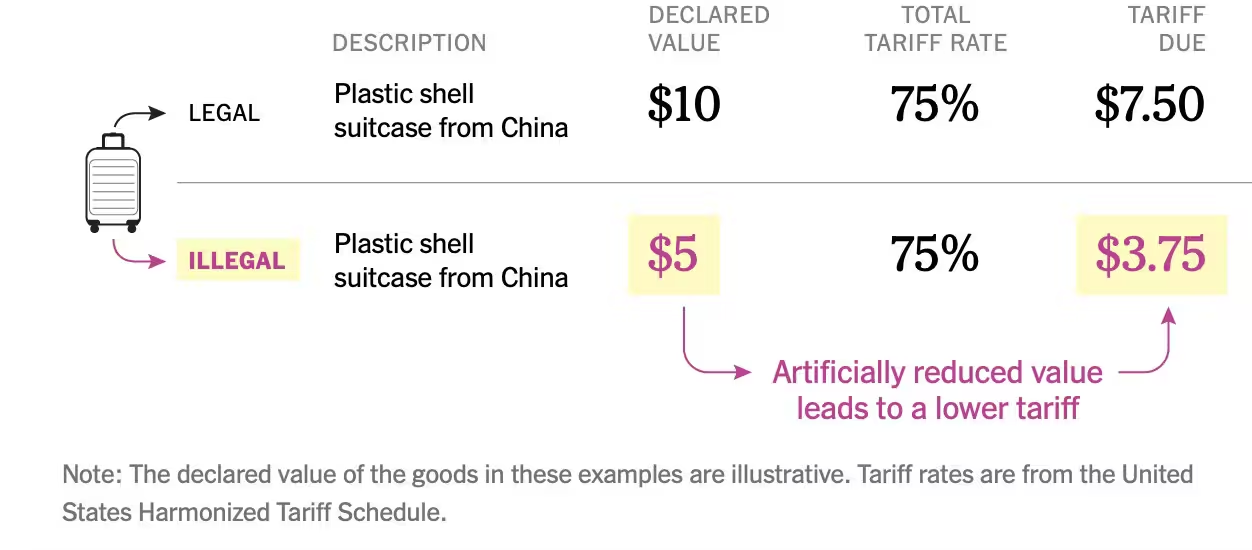China's rare earth export curbs hit the auto industry worldwide
By
Victoria Waldersee and
Christoph Steitz
June 4, 202511:58 AM EDTUpdated 3 days ago
A labourer works at a site of a rare earth metals mine at Nancheng county, Jiangxi province March 14, 2012. REUTERS/Stringer/File Photo
Purchase Licensing Rights
, opens new tab
- EU Commissioner says bloc must cut dependence on China for critical minerals
- BMW says supplier network affected, but plants running normally
- Supplier association CLEPA warns of further production outages due to shortages
- China produces around 90% of the world's rare earths
- Ford CFO says rare earths issues will continue
BERLIN/FRANKFURT, June 4 (Reuters) - Some European auto parts plants have suspended output and Mercedes-Benz is considering ways to protect against shortages of rare earths, as concerns about the damage from China's
restrictions on critical
mineral exports deepen across the globe.
China's
decision in April to suspend exports of a wide range of rare earths and related magnets has upended the supply chains central to automakers, aerospace manufacturers, semiconductor companies and military contractors around the world.
Stay up to date with the latest news, trends and innovations that are driving the global automotive industry with the Reuters Auto File newsletter. Sign up
here.
China's dominance of the critical mineral industry, key to the green energy transition, is increasingly viewed as a key point of leverage for Beijing in its
trade war with U.S. President
Donald Trump. China produces around 90% of the world's rare earths, and auto industry representatives have warned of increasing threats to production due to their dependency on it for those parts.
"It just puts stress on a system that's highly organised with parts being ordered many weeks in advance," said Sherry House, Ford's finance chief, at an investor conference on Wednesday.
She said China's export controls add administrative layers that are sometimes smooth, and sometimes not. "We're managing it. It continues to be an issue, and we continue to work the issues."
EU trade commissioner Maros Sefcovic said on Wednesday that he and his Chinese counterpart had agreed to clarify the rare earth situation as quickly as possible.
"We must reduce our dependencies on all countries, particularly on a number of countries like China, on which we are more than 100% dependent," said EU Commissioner for Industrial Strategy Stephane Sejourne.
"The export (curbs) increase our will to diversify," he said as Brussels
identified 13 new projects outside the bloc aimed at increasing supplies of metals and minerals essential.
Europe's auto supplier association CLEPA said several production lines
have shut down after running out of supplies, the latest to warn about the growing threat to manufacturing due to the controls.
Of the hundreds of requests for export licenses made by auto suppliers since early April, only a quarter have been granted so far, CLEPA added, with some requests rejected on what the association described as "highly procedural grounds".
It did not identify the companies but warned of further outages.
While China's announcement in April coincided with a broader package of retaliation against Washington's tariffs, the measures apply globally and are causing worry among business executives around the world.
Earlier on Wednesday, Mercedes-Benz
(MBGn.DE)
, opens new tab production chief Joerg Burzer
said he was talking to top suppliers about building "buffers" such as stockpiles to protect against potential threats to supply. Mercedes was currently not affected by the shortage.
BMW
(BMWG.DE)
, opens new tab said that part of its supplier network was disrupted but its own plants were running as normal.
German and U.S. automakers have complained that the
restrictions imposed by China threaten production, following a similar grievance from an
Indian EV maker last week.
Mathias Miedreich, board member for electrified propulsion at German automotive supplier ZF Friedrichshafen, said the company has largely been able to get needed permits from China.
In a media briefing on Tuesday, he said he worries though that the situation eventually could resemble the computer-chip shortage during the COVID-19 pandemic, which wiped out millions of vehicles from automakers' production plans.
Many are lobbying their governments to find a quick solution but some companies only have enough supplies to last a few weeks or months, Wolfgang Weber, CEO of Germany's electrical and digital industry association ZVEI, said in an emailed statement.
Swedish Autoliv
(ALV.N)
, opens new tab, , the world's biggest maker of airbags and seatbelts, said its operations are not affected, but CEO Mikael Bratt said he has set up a task force to manage the
situation.
RELIANCE ON CHINA
There are few alternatives to China.
Automakers from General Motors
(GM.N)
, opens new tab to BMW and major suppliers like ZF and BorgWarner
(BWA.N)
, opens new tab are researching or have developed motors with low- to zero rare earth content in a bid to cut their reliance on China, but few have managed to scale production to bring down costs.
BMW has deployed a magnet-free electric motor for its latest generation of electric cars, but still requires rare earths for smaller motors powering components like windshield wipers or car window rollers.
"There is no solution for the next three years except to come to an agreement with China," said Andreas Kroll, managing director of Noble Elements, rare earths importer for medium-sized companies and startups without their own inventories.
"China controls practically 99.8 percent of global production of heavy rare earths. Other countries can only produce these in minimal quantities, virtually on a laboratory scale."
China's slow pace of easing its critical mineral export controls has become a focus of Trump's
criticism of Beijing, which he says has violated the
truce reached last month to roll back tariffs and trade restrictions.
Trump has sought to redefine the United States' trading relationship with its biggest economic rival by imposing steep tariffs on billions of dollars of imported goods in hopes of narrowing a trade deficit and bringing back lost manufacturing.
He imposed tariffs as high as 145% against China only to scale them back after a selloff in stock, bond and currency markets over the sweeping nature of the levies. China has responded with its own tariffs and is leveraging its dominance in key supply chains to persuade Trump to back down.
Trump and Chinese President Xi Jinping are
expected to talk this week to try to iron out their differences and the export curbs are expected to be high on the agenda.
In a social media post on Wednesday,
Trump said that Xi is "VERY TOUGH, AND EXTREMELY HARD TO MAKE A DEAL WITH", highlighting the fragility of the deal.
All that talk about bringing back manufacturing when all it did was manipulate the stock market.













